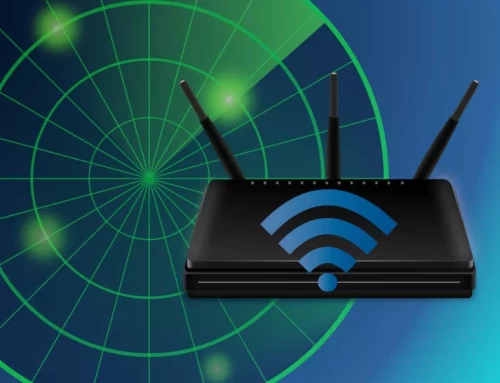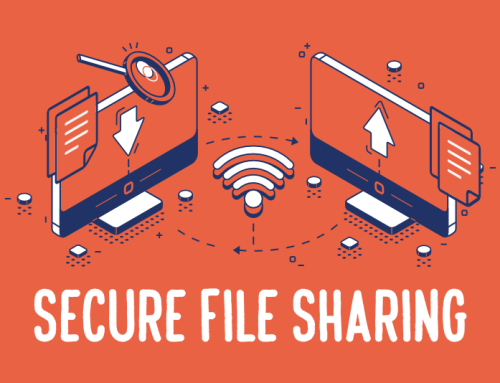What is a virtual private network (VPN)
Virtual private network (VPN) have become an essential tool for both individuals and businesses in a time when online privacy and security are of the utmost importance. Users can protect their sensitive data and browse the internet anonymously thanks to a VPN, which offers a secure and private connection over the internet. The foundations of VPNs, their advantages, and how they protect our digital lives will all be covered in this article.
Understanding VPNs
Between a user’s device and the internet, a virtual private network (VPN) creates a safe and secure tunnel. VPNs guarantee that data transmitted between the user and the destination server remains private and secure by routing internet traffic through an encrypted connection. When using public Wi-Fi networks, which are infamous for their vulnerabilities, this is especially important.
A number of precautions are taken to safeguard virtual environments against unauthorized access, data breaches, and other criminal activity under the heading of virtualization security. It entails protecting both the virtual machines (VMs) and the hypervisor, the layer of software or hardware that enables virtualization.
Benefits of VPNs
Enhanced Security: To protect data, VPNs use encryption protocols. As a result, it is extremely difficult for hackers, ISPs, or other malicious parties to intercept or decode the transmitted information. This is especially crucial when carrying out delicate tasks like sharing private business information or conducting online banking.
Privacy and Anonymity: By hiding the user’s IP address, VPNs can effectively keep their identity and location a secret. This stops websites, advertisers, and even governments from keeping tabs on their online habits and gathering personal data for individualized marketing or surveillance.
Access to Geo-Restricted Content
Bypassing geographic restrictions and gaining access to content that may be restricted or unavailable in their area is possible with a VPN. People can access a world of online entertainment, including streaming services, social media, and news websites, by connecting to a server in a different nation.
Secure Remote Access: VPNs make it possible for employees to connect securely to corporate networks while working from home or in another location. No matter where an employee is locat, this enables seamless collaboration and guarantees the security of sensitive company information.
How VPNs Work
The VPN server that serves as an intermediary between the user’s device and the destination server or website encrypts and directs the user’s internet traffic through it when they are connect to a VPN. The VPN server gives the user a new IP address, giving the impression that they are connecting to the internet from a different location.
Although the encryption protocols use by VPNs differ, OpenVPN, IPSec, and WireGuard are frequently used ones. These protocols use cutting-edge cryptographic algorithms to encrypt and protect the data as it travels through the VPN tunnel, guaranteeing its integrity and confidentiality.
Choosing the Right VPN
It is important to take into account aspects like the provider’s reputation, privacy policy, server locations, connection sped, and customer support when choosing a VPN service. Although free VPNs may appear appealing, they frequently have restrictions, including data caps, slower speeds, and potential privacy issues. For the highest level of security and performance, select a reputable paid VPN service.
VPNs are essential for protecting our digital footprint in a world that is becoming more connect and where both our personal and professional lives are heavily reliant on the internet. VPNs enable users to safeguard their private information, maintain their online anonymity, and access geographically restrict content by offering secure and private connections. Adding a VPN to our digital toolkit is now essential for protecting our online identity as the significance of online privacy and security increases.
VPN stands for “Virtual Private Network” and describes the opportunity to establish a protected network connection when using public networks AND SECURE YOUR COMPUTER. USE STRONG ANTIVIRUS SUCH AS RAM ANTIVIRUS ALONG WITH VPN TO SECURE YOUR DATA .A virtual private network (VPN) is a mechanism for creating a secure connection between a pc and a computer network, or between two networks, ALONG WITH NETWORK END POINT SECURITY PROTECTION MUST BE USED TO SECURE YOUR DEVICE .RAM ANTIVIRUS PROVIDE BEST SECURE PROTECTION WITH vpn






